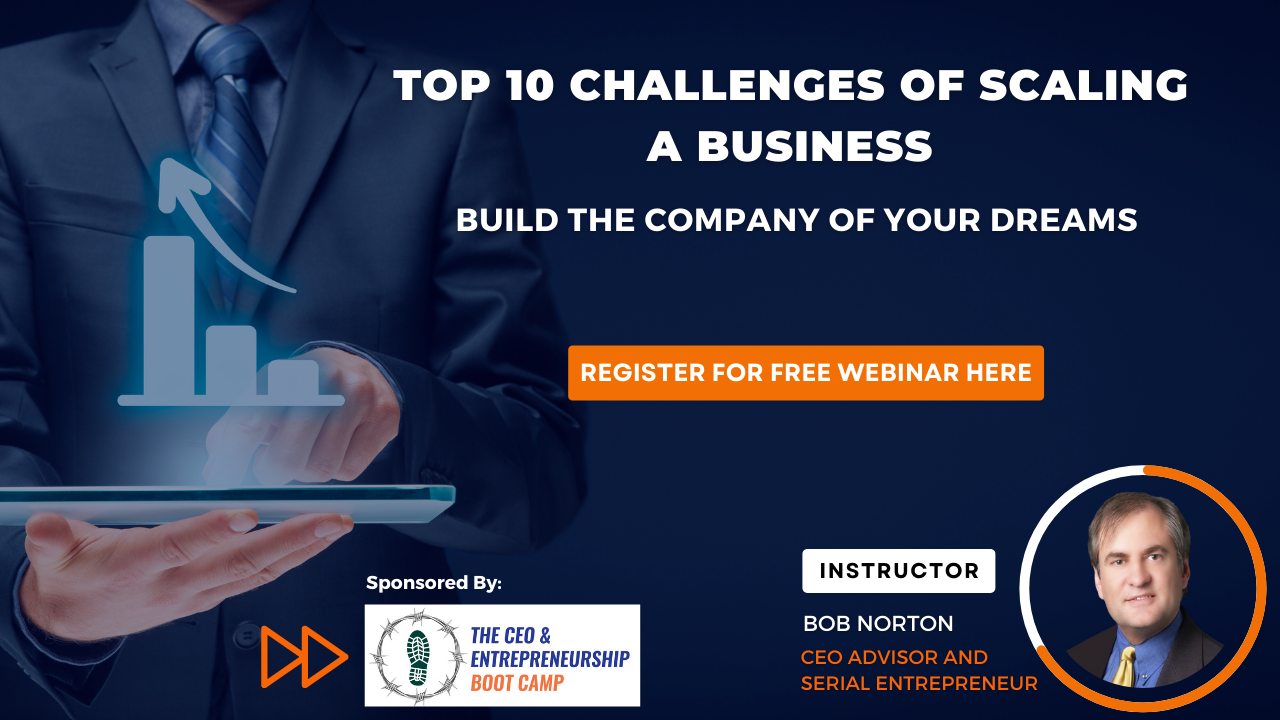Does a Startup Need Lots of Capital to Become a Big Company

How to start a company with far less capital and also make more money in the process
Venture capital investors need to put BIG dollars to work and have a short time frame (5-7 years typically). THEY need startups to move fast. And, yes, if you have 5–10 competitors getting market share then more invested capital will pay off. However, the smartest founders take another approach and raise less money at higher valuations later.
This alternative is a multi-step market entry strategy where a startup starts in a smaller niche to get some traction, proof of concept and cash-flow. Which they should always try to do anyway. The niche targeting requires less marketing and sales expense and gets higher sales conversion and ROI. Then they expand the target market with more/better product(s) or by selling in other markets (niches or verticals). Building a portfolio of niches and/or product before they go head-to-head with bigger competitors
You do not need $50 million in investment to get most startups profitable, though this trend is common and necessary in capital intensive industries (like Intel plays in) and SaaS software, where the cash-flow is slowed by the business model.
One of my companies created $700M in value in 5 years with only $5M in capital investment. It may take a little longer, but the founders get WAY MORE equity at the end by bootstrapping longer and selling equity only after the risk has been driven down and the valuation goes way up. Michael Dell, Bill Gates and others used this approach and hence became billionaires. In fact, I would bet most billionaires used this approach. Even Elon Musk did with Tesla, even though he had $70M of his own money first. (i.e. Roadster, Model S, Model 3, then D each step a larger market).
With lots of VC money, early founders are luck to keep 20% ownership and often only 10%. When you design and bootstrap longer the founder might keep 50%, 75% or more. And once cash-flow is there you have many other, lower cost capital options than the 40% IRR VC need to make up for the 80% of their investments that fail.
This is not always possible, but it is a better outcome for the founders and often allows more focus on the business instead of raising capital and managing investors. And an MVP should always address a small niche with zero competition first.
You can see my course bundle on this which is a small portion of The CEO Boot Camp here: Designing your Market Entry, Branding and Positioning - Save with a 5 Course Bundle
Bob Norton, Serial Entrepreneur, CEO Adviser and Creator of The CEO Boot Camp CEO & Entrepreneur Training
Join Live Webinar on 12th April 2022
Bob Norton is a long-time Serial Entrepreneur and CEO with four exits that returned over $1 billion to investors. He has trained, coached and advised over 1,000 CEOs since 2002. And is Founder of The CEO Boot Camp™ and Entrepreneurship University™. Mr. Norton works with companies to triple their chances of success in launching new companies and products. And helps established companies scale faster using the six AirTight Management™ systems. And helps companies successfully raise capital.
Call (619) SCALE06 or email [email protected] for a complementary strategic consultation



